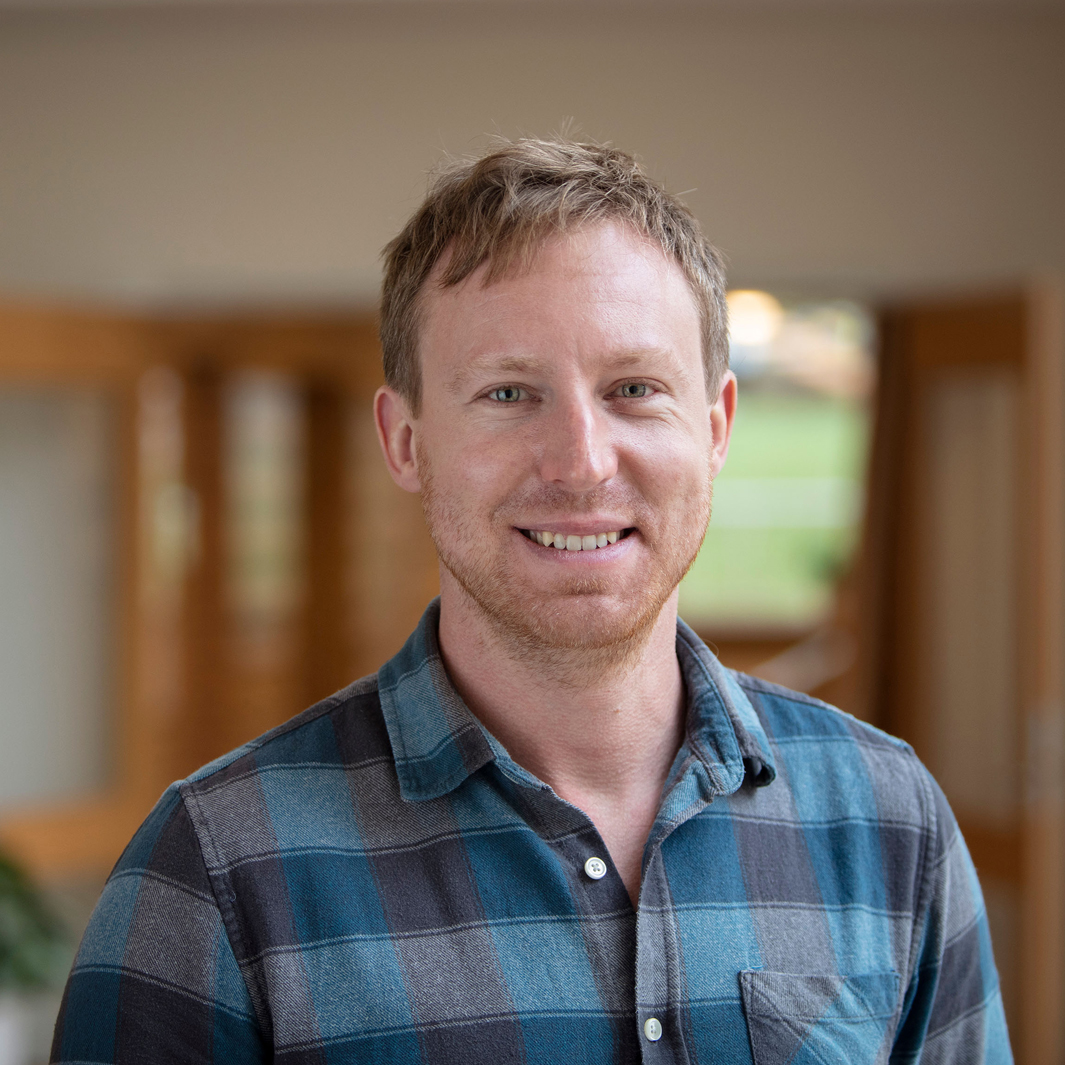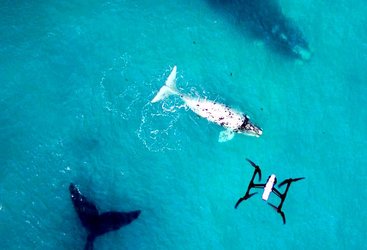
The need for managing the effects of human disturbance on marine mammals, including baleen whales, is becoming increasingly important as exposure of marine mammals to human activities (e.g. shipping, fisheries, renewable energy and oil and gas exploration) are rapidly intensifying globally. Human disturbance has been shown to have population level consequences for the targeted populations, however the underlying mechanisms of how these effects arise remain unknown. With this AIAS-COFUND fellowship, I aim to develop a bioenergetic model to predict the population consequences of disturbance on baleen whales by addressing the following questions: a) how do individual behaviours relate to energy intake and cost? b) how does seasonal behavioural patterns of individuals relate to their body condition? c) how does the body condition of individuals relate to their survival and reproduction? d) how does the survival and reproduction of individual whales influence population growth and dynamics? An understanding of the relationship between behaviour and population dynamics will make it possible to predict population consequences of disturbance on baleen whales, which will benefit wildlife managers.
Project title:
Understanding the population consequences of human disturbance on baleen whales
Area of research:
Marine ecophysiology
Fellowship period:
1 Feb 2019 – 31 Jan 2022
Fellowship type:
AIAS-COFUND II Marie Skłodowska-Curie fellow

This fellowship has received funding from the European Union’s Horizon 2020 research and innovation programme under the Marie Skłodowska-Curie grant agreement No 754513 and The Aarhus University Research Foundation.

